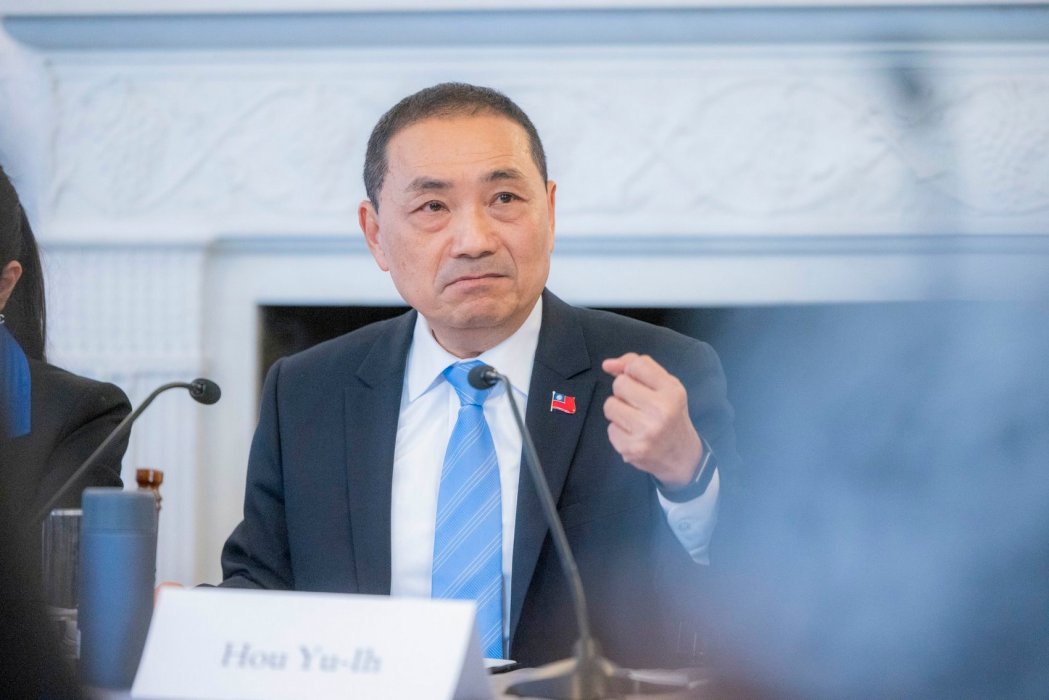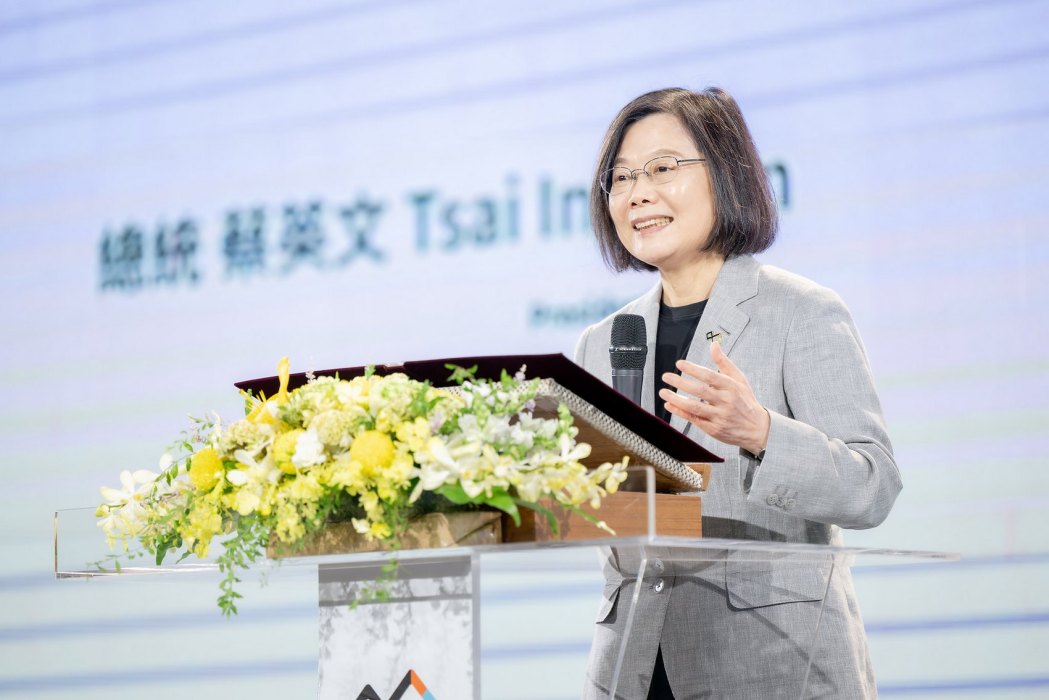Taipei, Taiwan
Taiwan’s two leading opposition parties failed to agree Saturday on who would lead the ticket in a joint presidential bid for January’s crucial elections.

The lead-up to Taiwan’s January 13 vote is being closely watched because it will shape Taipei’s future relations with China, which claims the self-ruled island as its territory.
The current frontrunner is Vice President Lai Ching-te of the ruling Democratic Progressive Party (DPP), which is regarded by China as pro-independence.
The Kuomingtang (KMT), Taiwan’s biggest pro-Beijing group, and the less established Taiwan People’s Party (TPP) have both pledged to promote closer ties with China and struck a deal this week to evaluate recent polls to determine their candidate to oppose Lai and the DPP.
An announcement had been expected Saturday but the KMT and TPP disagreed on how to calculate the margin of error for polls, which led to a deadlock in negotiations.
“We should sit down and resolve this minor dispute — I believe it’s a minor dispute — and quickly form a team to work together,” KMT chairman Eric Chu said.
He stressed the importance of a close alliance between the two parties to come up with the best combination of candidates.

The KMT’s candidate, Hou Yu-ih, is the mayor of New Taipei City and has been performing below expectations against Lai.
Former doctor Ko Wen-je, who positions his TPP as an alternative to break the usual two-party dominance of the KMT and the DPP, has surged ahead in the polls.
Ko said Saturday his goal was to win the election against Lai.
“We still hope to continue negotiations with the Kuomintang but don’t ask me… to surrender unconditionally,” Ko said.
“I can’t justify that to my supporters,” he said. “We are willing to negotiate, and we don’t want it to just fall apart.”
Speaking at a campaign event for Lai on Saturday, President Tsai Ing-wen — who is not able to run for a third term — said the opposition alliance was turning out to be a “division”.

“If two parties don’t share a common vision, national policies will become chaotic and constantly consumed by internal strife, unable to be advanced with stability, nor able to gain international trust,” she said.
All candidates have until next Friday to register officially with the election commission.
A poll released by Taiwan’s United Daily News Friday showed Lai with 31.1 percent support, Ko on 28.7 percent and Hou 22.4 percent in a three-way race.
Support HKFP | Policies & Ethics | Error/typo? | Contact Us | Newsletter | Transparency & Annual Report | Apps
Help safeguard press freedom & keep HKFP free for all readers by supporting our team

LATEST FROM HKFP
HKFP has an impartial stance, transparent funding, and balanced coverage guided by an Ethics Code and Corrections Policy.
Support press freedom & help us surpass 1,000 monthly Patrons: 100% independent, governed by an ethics code & not-for-profit.










